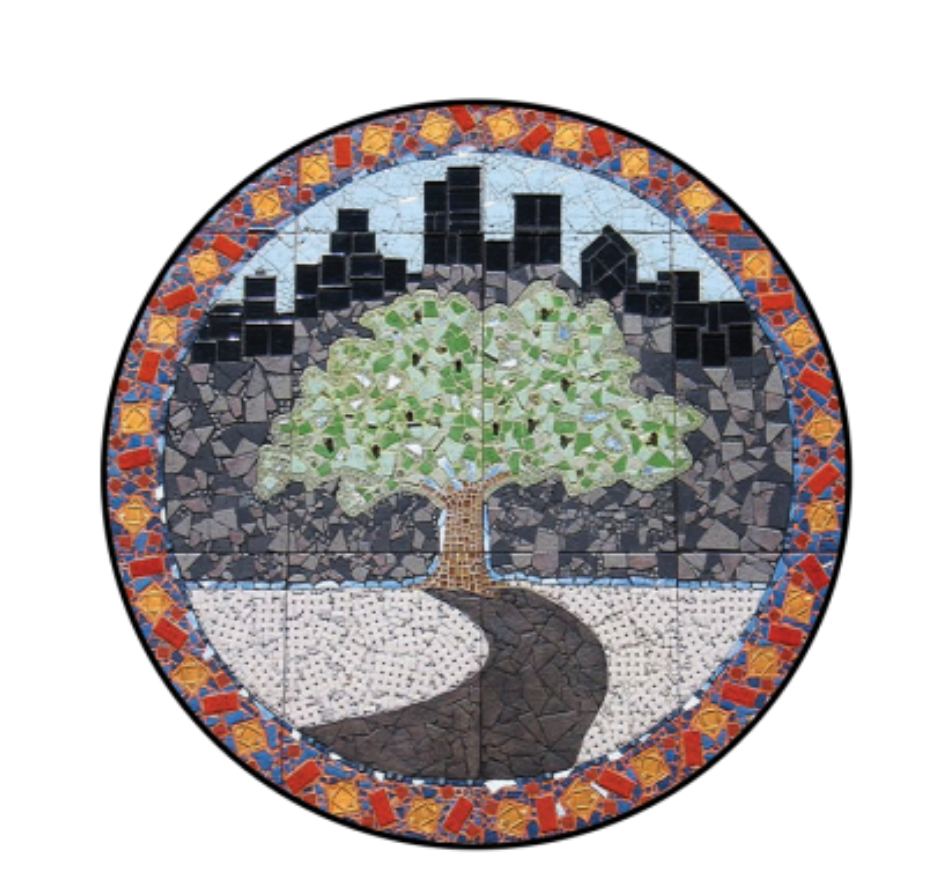Race, Equity, and School Funding
One of the most significant throughlines that have been central to me throughout my time in Baltimore is its public education system. I thought about it long before I had kids. It has predominated in my thinking because of what public education promises--equity, fairness, and community engagement. That is at odds with what public education in our city so often provides. The racial and economic inequities which were at the heart of our city’s creation are thriving today; they are nowhere more visible than in our schools. One of the stories my family tells about itself is its preoccupation with education and the capacity for education to expand your opportunities. I grew up in a predominantly African American town in rural Alabama, where, at least to my experiences, the public school education was regimented, woefully underfunded, and at best an afterthought in the state legislature’s mind.
I remember that the section in our history books on the massacre and removal of Native Americans in Alabama was at best a paragraph, which is odd given that many of the city names, names of bodies of water, and indeed the name of the state are of Choctaw origin. The section on slavery was perhaps no more than a page, which would be fair if one determined that neither economics, history, sociology, nor state politics were important enough to make their way into the history book. But at least the people there were clear-eyed about racism and economic inequity which were the sources of their problems with regard to education. They were also clear-eyed about the solution: a significant financial investments in public schools. Later, when I came to Montgomery County, Maryland as a teenager, the teachers and students spoke derisively about the south, about its backwards educational system, and (without much coded language) their low expectations for me as an Black child. I suspect they were not aware of the racism and lack of introspection that informed those judgments. I recall them speaking just as poorly about the kids in Baltimore, for similar reasons. Perhaps they just weren’t aware that schools are primarily funded through local property taxes, and that those taxes bake in the inequities across generations. They were also likely unaware that Maryland is the northernmost southern state. My daughters go to City Neighbors Hamilton. One of my proudest moments as a father was looking at a map at the school that shows what part of the city the kids come from, and hearing about the school’s including all of those stories into a narrative about what it means to be a Baltimorean, a Marylander, and an American. The lived experiences of kids from Highlandtown are different than those from Sandtown, or Waverly, or Oldtown, or Guilford. Recently, I became the ACLU of Maryland’s Board President. One of the things I am proudest of on behalf of the organization is its work to push for equitably funding Baltimore city schools through the Bradford litigation, and its mobilization efforts to equitably fund all schools throughout the state through its work on the Kirwan commission. I am equally enthusiastic to support the Kirwan formula through the City Neighbors Foundation’s advocacy work. I also have served as the Treasurer for City Neighbors Hamilton for a few years, so, unsurprisingly, I guess, I spend a lot of time looking at City Neighbors Hamilton’s budget. Each month we look at the financials, and each year, we fret about whether we can meet the needs of the kids with the money we’re allotted. That is important work, but in a more profound sense, it is an annual process of papering over the problems that have resulted from our collective failure to properly fund our schools. I hope you will consider joining with me and the Foundation’s advocacy team in an effort to make the legislature and the governorship live up to its obligations for our children.
Written by: John Henderson, Parent & Board Member, City Neighbors Hamilton

